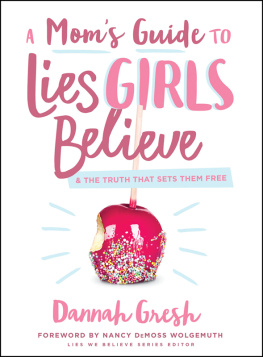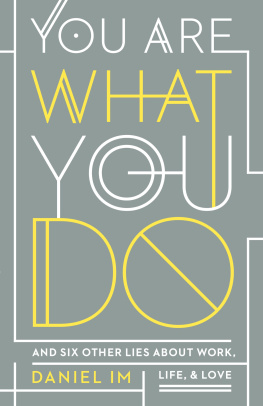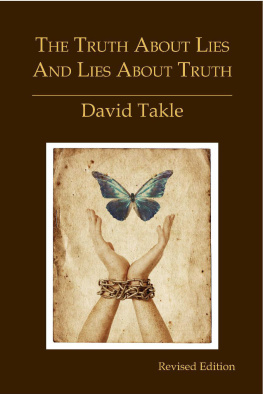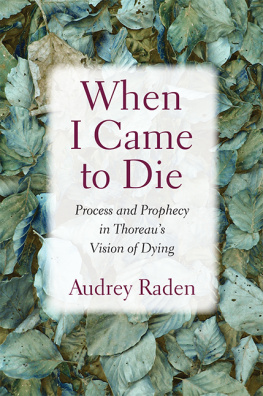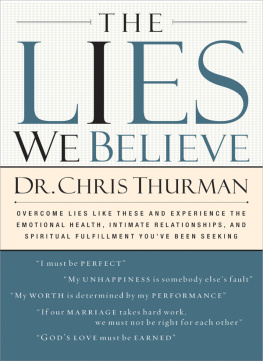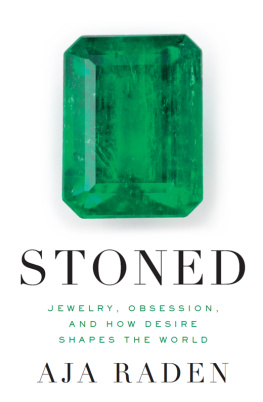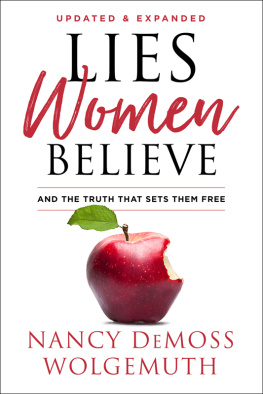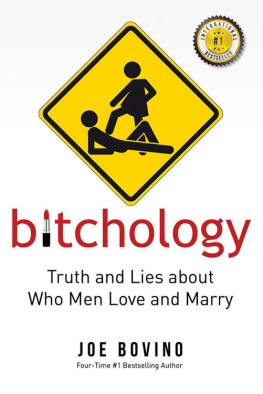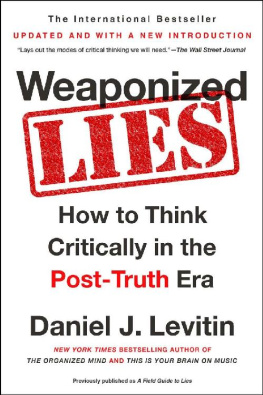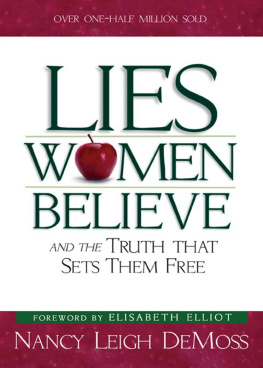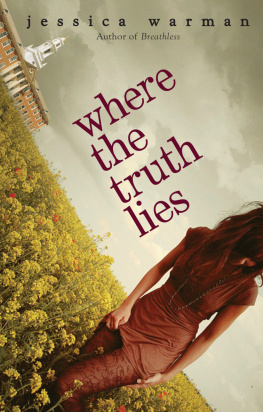Aja Raden - The Truth About Lies
Here you can read online Aja Raden - The Truth About Lies full text of the book (entire story) in english for free. Download pdf and epub, get meaning, cover and reviews about this ebook. year: 2021, publisher: St. Martins Publishing Group, genre: Art. Description of the work, (preface) as well as reviews are available. Best literature library LitArk.com created for fans of good reading and offers a wide selection of genres:
Romance novel
Science fiction
Adventure
Detective
Science
History
Home and family
Prose
Art
Politics
Computer
Non-fiction
Religion
Business
Children
Humor
Choose a favorite category and find really read worthwhile books. Enjoy immersion in the world of imagination, feel the emotions of the characters or learn something new for yourself, make an fascinating discovery.

The Truth About Lies: summary, description and annotation
We offer to read an annotation, description, summary or preface (depends on what the author of the book "The Truth About Lies" wrote himself). If you haven't found the necessary information about the book — write in the comments, we will try to find it.
The Truth About Lies — read online for free the complete book (whole text) full work
Below is the text of the book, divided by pages. System saving the place of the last page read, allows you to conveniently read the book "The Truth About Lies" online for free, without having to search again every time where you left off. Put a bookmark, and you can go to the page where you finished reading at any time.
Font size:
Interval:
Bookmark:
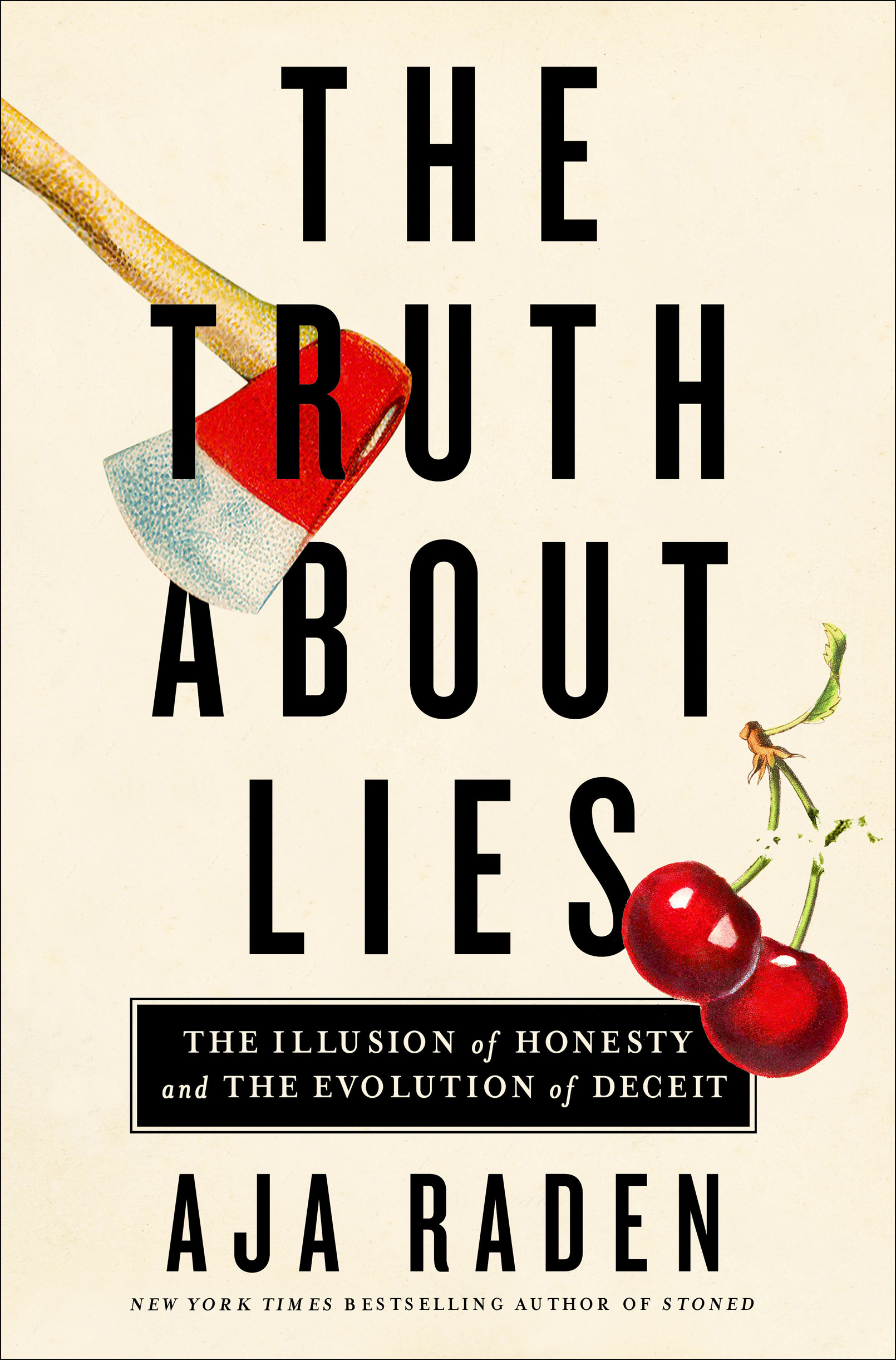

The author and publisher have provided this e-book to you for your personal use only. You may not make this e-book publicly available in any way. Copyright infringement is against the law. If you believe the copy of this e-book you are reading infringes on the authors copyright, please notify the publisher at: us.macmillanusa.com/piracy.
This book is dedicated to everyone whos ever lied to me.
If nothing else, you made me smarter.
Everything has to be taken on trust; truth is only that what is taken to be true. Its the currency of living. There may be nothing behind it, but it doesnt make any difference so long as it is honoured.
TOM STOPPARD
You shall know the truth, and the truth shall make you mad.
ALDOUS HUXLEY
Why do you believe what you believe?
Youve been lied to. Probably a lot. Maybe you knew, maybe you didnt. Maybe you found out later. The thing is, when we realize weve been deceived, were always stunned. We cant believe we were taken in: What was I thinking? How could I have believed that?
We always wonder why we believed the lie. But have you ever wondered why you believe the truth? People tell you the truth all the time, and you believe them; and if, at some later point, youre confronted with evidence that the story you believed was indeed true, you never wonder why you believed it in the first place.
But maybe you should have.
Facts are just that which continue to exist, whether or not you believe them. But theres nothing special about a fact. A fact doesnt sound different from a falsehood. The truth isnt written in italics. So why do we believe we can tell the difference?
The Truth About Lies is a book about famous swindles that endeavors to give a telescopic vision of society through the phenomena and mechanics of belief: why we lie, why we believe, and how, if at all, the acts differ.
In just the same way that there are only a handful of actual original stories in the collective human consciousness upon which all other stories are only variations, so too are there only so many unique, primal lies. From those few original lies, all the others are derived, endlessly iterated, and polished for new audiences. As the American economist John Kenneth Galbraith wrote in his book The Age of Uncertainty, The man who is admired for the ingenuity of his larceny is almost always rediscovering some earlier form of fraud. Ultimately, as original as the lie may seem in the moment, there are only so many ways to deceive. The Truth About Lies looks at nine basic cons from several angles, among those: the swindlers who worked them, the lies they told, and the people who were taken in.
Each chapter tells the outrageous story of a classic con and illustrates the mechanism by which it works, using both contemporary and historical examples. From the story of a fake Martian invasion that started a very real riot, twice, to the modern madness of Twitter; from a Wild West diamond scam so vast it made fools (and in some cases criminals) of the well-heeled investors of 1872 (including Charles Tiffany) to the tale of that same bait-and-switch scam dressed up in a new investment opportunity called mortgage-backed securities, which nearly toppled the world banking system in 2008.
This book examines the Pyramid Schemes youve heard of, the ones you havent, and the ones weve all bought into without even realizing.
More important, each chapter examines mechanisms of belief and the persistentand maybe fundamentalrole that too-good-to-be-true and faith-based deals have played in human history. Is the twisted tale of selling Snake Oil, which started the craze for so-called patent medicines and led to Americas first Victorian opioid crisis and the subsequent crackdown by the newly formed FDA, really about gullibility, or does the strange science of placebos tell us more about the biology of belief than we realize?
Organized in three parts: Lies We Tell Each Other, Lies We Tell Ourselves, and Lies We All Agree to Believe, The Truth About Lies examines the relationship of truth to lie, belief to faith, and deception to propaganda using neurological, historical, sociological, and psychological insights and examples. It will propose that some of our most cherished institutions are essentially massive versions of those self-same, very old cons and also complicate the vision we have of both the habitual liar and the classic sucker.
My first book, Stoned, was ostensibly a book about jewelry, but at its heart Stoned sought to answer a single question: Why do people value what they value? The more I thought about it, the more I began to see something else in those stories. I realized that nearly every story in Stoned, whether about a scandal surrounding a stolen necklace, an island bought with glass beads, or the invention of the diamond engagement ring, had a lie right at its center. That revelation, in combination with the conclusions I had come to in Stoned, led me directly to The Truth About Lies and to its core question: Why do people believe what they believe?
Ask yourself: What are you sure of? We can start simple; lets just talk about basic facts. How many facts are you certain you know? Quite a few of them, probably. You know your ABCs, you know state capitals, you know water molecules are composed of two hydrogen atoms bonded to one oxygen atom.
You know that the earth is round, right?
Are you sure? How did you come by this certainty? Surely you didnt do the calculations yourself. The odds are, if you tried to right now, you wouldnt be able to, because you dont even know exactly which geometric calculations were used, thousands of years ago, to determine that fact in the first place. And even if you did know what they were, your math skills probably arent that strong. My point is not to convince you that the earth is flatof course its not. My point is to show you how many truths you accept without ever considering why you believe them to be true. I dont want you to question whether or not the earth is round; I just want you to realize that you never really did.
We blindly trust certain facts: things were taught, things we can observe or reason. And once we know these things, we never really question them again. But often we also believe things to be fact simply because were presented with them. Neurologists refer to this tendency as an honesty bias. Its how we know almost everything that we know: someone else told us. Or someone showed us, or we read it in a book. And though honesty bias may sound too stupid to be true,in a strange, roundabout way, its what makes us allas a groupso formidably intelligent.
Without this tendency to trust, to assume, to simply believe, every human on earth would be born starting from scratch, unable to benefit from the knowledge of the collective. This bias toward simple belief in the truth of what we are told or shown has allowed humans to build higher, see farther and through shared collective intelligence, become the dominant species on Earth. And yet this vital ability, this necessity to stand on the shoulders of giants and accept secondhand information as truth, is also the very flaw that allows us to be deceived.
Duplicity and credulity are not opposites; theyre just two sides of the same very old coin, and cant be spent separately. Could it be that at the ancient and tattered heart of humanity, what drives civilization is the capacity in each of us for both deception and beliefand that without this complex duality, there would also be no progress, no social cohesion, no trust, and no ability to collaborate?
Font size:
Interval:
Bookmark:
Similar books «The Truth About Lies»
Look at similar books to The Truth About Lies. We have selected literature similar in name and meaning in the hope of providing readers with more options to find new, interesting, not yet read works.
Discussion, reviews of the book The Truth About Lies and just readers' own opinions. Leave your comments, write what you think about the work, its meaning or the main characters. Specify what exactly you liked and what you didn't like, and why you think so.

